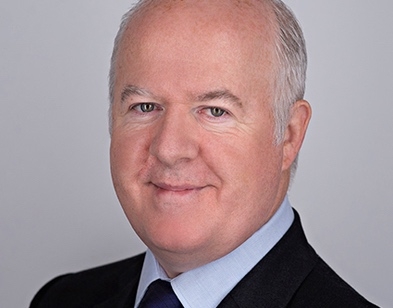There is no doubt in my mind that retirement planning is changing in unexpected ways. Whether it is changing for good or just adapting to a post-Covid, high cost of living world remains to be seen.
A number of studies this week, including the PLSA’s substantial uprating of the income needed in retirement for a moderate or comfortable lifestyle, was just one example of the growing need to play ‘catch up’ in retirement.
Many retirement plans may be becoming 'unstuck' because the income many will receive in retirement will be nowhere near enough for retirement dreams to come true.
We’ve all lived in a world where for several decades inflation was low and forecasts of the amount needed in retirement to live comfortably seemed clear and 'plannable.'
That relied on some foundations and expectations that no longer apply.
As Financial Planners have always stressed, inflation is the big killer of plans and wealth. It’s often the factor too few pension savers include in their plans.
The chickens have truly come home to roost this year with the PLSA forecasting that a couple who wanted a comfortable retirement would need nearly £60,000 a year between them, up £9,100 on last year.
It’s worth pointing out that the PLSA’s forecasts are not quite as clear as they first seem. They are not ‘like for like’ spending patterns compared to last year. For example respondents to its research say they now want to spend more on ‘experiences’ and leisure time with their families and loved ones and this costs more.
This makes it difficult to do exact comparisons but there is no doubt many pension savers getting close to retirement would have rolled their eyes at the figures. Many would have seen the retirement finishing line moving further into the distance as they got their calculators out. To be fair, few could have guessed the impact of a horrendous spike in inflation on their plans. Scenario planning seems to have been missing.
For most Financial Planning clients I suspect £60,000 a year for a comfortable retirement for a couple would be at the lower end of what many planners would target. Even so with many pensions unlikely to increase by more than 5% a year many people, of all levels of wealth, will be redoing their sums and asking whether they can actually afford to retire when they planned.
I was reminded of this when digesting a Freedom of Information request from mutual Wesleyan related to NHS staff who have had the option of partial retirement since October.
Since then more than 3,200, mostly better paid NHS medical professionals, have opted to make use of the facility which is designed to help fill staffing gaps.
This more ‘blended’ approach to retirement will not suit everybody but it is one way forward and I suspect it may become be the template for other professions, particularly those where labour supply shortages are most obvious. It will be one way to stop huge numbers retiring too quickly, giving them more income to top up pensions and keeping them at least part-time in the labour force. A win for the UK economy.
I’ve always been against the idea of complete retirement as being bad for both health and wealth although I always understand that putting your feet up after decades of hard work is all that many want.
The future is likely to see more people choose the 'partial retirement' or 'blended retirement' route and it should be encouraged. The more flexibility the better.
Phasing retirement will, I suspect, become the norm not the exception.
• Our latest issue of Financial Planning Today magazine has just been published. Here’s a link to view the issue with my compliments: https://bit.ly/2ZdVXWz. If you have any questions or want to drop me a line to provide feedback you can reach me on
> Top Tip: Follow Financial Planning Today on Twitter / X @_FPToday for breaking news and key updates
Kevin O’Donnell is editor of Financial Planning Today and a journalist with 40 years of experience in finance, business and mainstream news. This topical comment on the Financial Planning news appears most weeks, usually on Fridays but occasionally other days. Email:

